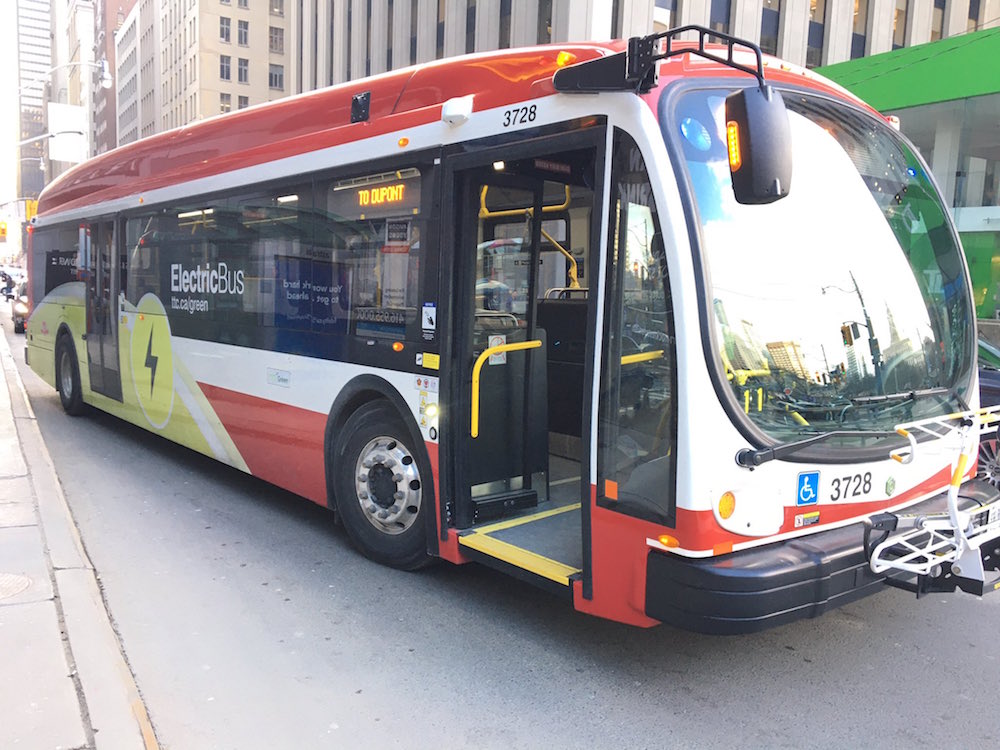Report Says Utilities Form Unique Networks to Compete With Giant Companies in Deregulated Market
ATLANTA -- - Can smaller utilities compete with giant energy companies in a deregulated marketplace? According to energy executives from some of the companies engaged in that fight, they can, but only if they take advantage of a unique way to tackle competition -- energy networks.
In a revealing report in this month's Energy Competition Strategy Report, executives from North Carolina-based Energy United and Omaha (NE) Public Power District (OPPD) share why their companies joined an energy network and reveal how their decision to join -- well in advance of energy markets being open in their states -- will help their companies win under deregulation.
For Energy United, which serves 96,000 customers, a network gives the company an opportunity to identify new product partners, according to CEO R.B. Sloan. The result, he says, will be a more diversified product line. And OPPD's manager of competitive markets, Deeno Bousalis, reports that a network brings economies of scale to his company, which serves about 270,000 customers, without having to sacrifice "that hometown utility feel."
Along with four other utility members, both companies belong to Atlanta- based Allied Utility Network, which provides marketing and branding, product development, back room support, and management services, the network's senior vice president and COO tells ECSR.
"This report not only focuses on why these companies joined forces to have a stronger presence during this time of change, but it tells why networks are beneficial for other small- to medium-sized companies," says David Schwartz, president of NHI Publications, publisher of Energy Competition Strategy Report. "Companies considering such a move need to read about the shared risk, lower start-up costs, better speed to market, and full profit potential that networks can bring. And bigger companies need to know what they'll be up against in the future."
Here are other highlights of this month's issue of Energy Competition Strategy Report:
* Energy companies focus on billing to win residential customers under deregulation. Executives from NStar, Cinergy, and PECO Energy share their new bill formats and reveal the strategies behind the development of new bills. And in a related story, a banking expert shares the advantages of credit card programs for energy companies, including improved service, better marketing, and easier collections.
* Experts debate the pro's and con's of regional transmission organizations (RTOs) in a report that tackles many questions about FERC Order 2000, including whether RTOs should be for-profit entities, whether utilities will want to join such alliances, and who will benefit from such a move.
* The president and CEO of Nicor Energy tells energy companies how to "demystify" deregulation for consumers, and he reveals the two elements he considers essential for competition to succeed.
* Energy policymakers can gauge their state's progress toward moving from a monopoly to competition, thanks to a new tool -- the Retail Energy Deregulation (RED) Index. The developer of the index tells ECSR readers the 18 attributes he considers the foundation for an effective transition. And he reveals what states are ranked highest, as well as a few surprise low rankings.
Free three-month trial subscriptions to Energy Competition Strategy Report are available by sending an e-mail with your full mailing address to nhi@nhionline.net , calling 800-597-6300 or 404-607-9500, faxing your address to 404-607-0095, or mailing it to NHI at P.O. Box 15429, Atlanta, GA 30333-0429.
Related News

Berlin Launches Electric Flying Ferry
BERLIN - Berlin has taken a groundbreaking step toward sustainable urban mobility with the introduction of its innovative flying electric ferry. This pioneering vessel, designed to revolutionize water-based transportation, represents a significant leap forward in eco-friendly travel options and reflects the city’s commitment to addressing climate change while enhancing urban mobility.
A New Era of Urban Transport
The flying electric ferry, part of a broader initiative to modernize transportation in Berlin, showcases cutting-edge technology aimed at reducing carbon emissions and improving efficiency in urban transit. Equipped with advanced electric propulsion systems, the ferry operates quietly and emits zero emissions during…




